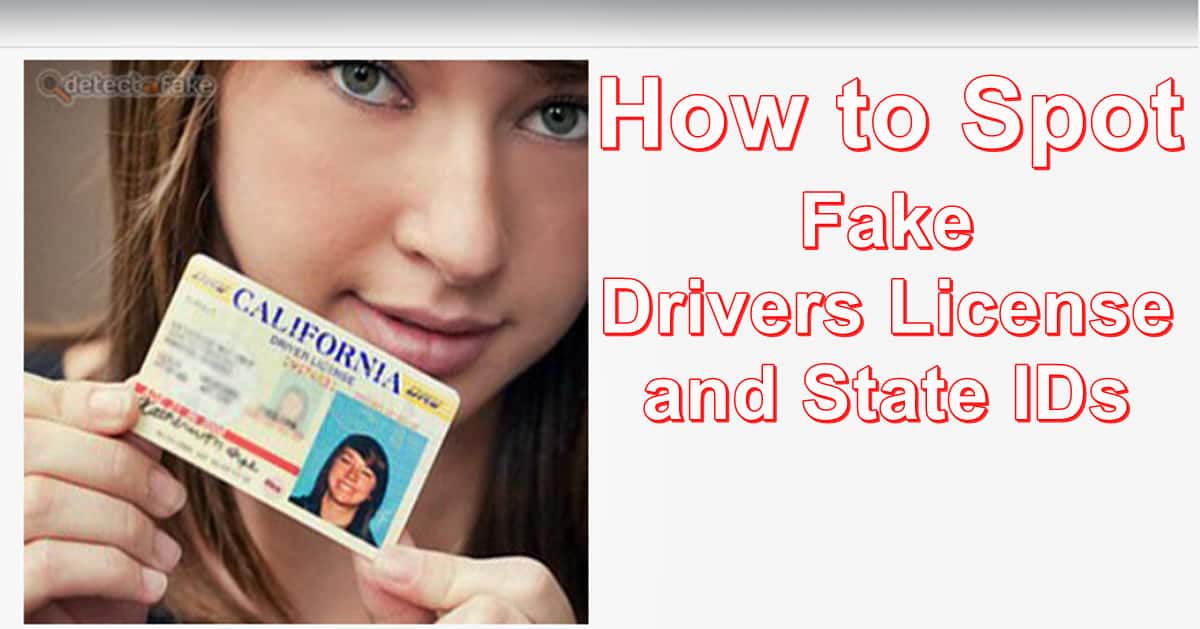How to detect fake Drivers License and State IDs
| Step | Description |
|---|---|
| 1 | Examine the edges of the ID; genuine IDs have smooth, uniform edges with no separating laminate when bent |
| 2 | Compare the picture on the ID with the cardholder; ensure a resemblance and ask specific questions to verify identity |
| 3 | Request additional forms of ID; genuine IDs should match, and fake IDs may reveal a different name |
| 4 | Check for signs of tampering; inspect fuzzy lettering, inconsistencies in name and birthdate, and picture edges |
The prevalence of fake IDs has made it challenging to discern genuine identification from counterfeit versions. Whether you’re a bouncer at a club or a conscientious professional, being able to spot a fake ID is crucial. Let’s explore key steps to confidently detect fake IDs, ensuring the security and integrity of identification processes.
Spotting Fake IDs
Edge Examination: Commence your inspection by checking the edges of the ID. Authentic IDs have smooth and uniform edges, and the laminate should not separate when bent. Any signs of peeling or irregularities suggest a potential fake.
Example: Imagine handling a well-kept book; the edges are smooth and consistent.
Picture Comparison: Move on to the picture on the ID and compare it with the cardholder. Genuine IDs exhibit a clear resemblance between the picture and the person. To further verify, ask specific questions related to the birthday, address, and full name—information readily available on the card.

Example: Think of it as recognizing a friend in an old photograph; familiarity is key.
Request Additional Forms of ID: To delve deeper, ask for additional forms of ID. Fake IDs may belong to family members, so presenting other forms of ID with a different name raises suspicion. Genuine IDs across multiple forms should align seamlessly.

Example: Consider it like cross-referencing information; consistency is a hallmark of authenticity.
Tampering Signs: Scrutinize the ID for signs of tampering. Check the date of birth and name for fuzzy lettering or inconsistencies in font. Additionally, inspect the edges of the picture; a genuine ID should not have bulging or rough edges.

Example: It’s akin to inspecting an official document; clarity and uniformity matter.
Upholding Security in Identification Processes
As guardians of safety and integrity, the ability to detect fake IDs is a valuable skill. From the physical characteristics of the ID to the personal details, each step outlined above serves as a guide to confidently navigate the landscape of identification. By staying vigilant and employing these measures, you contribute to a secure environment, whether in a nightclub, at an event, or in any professional setting where identification matters.



